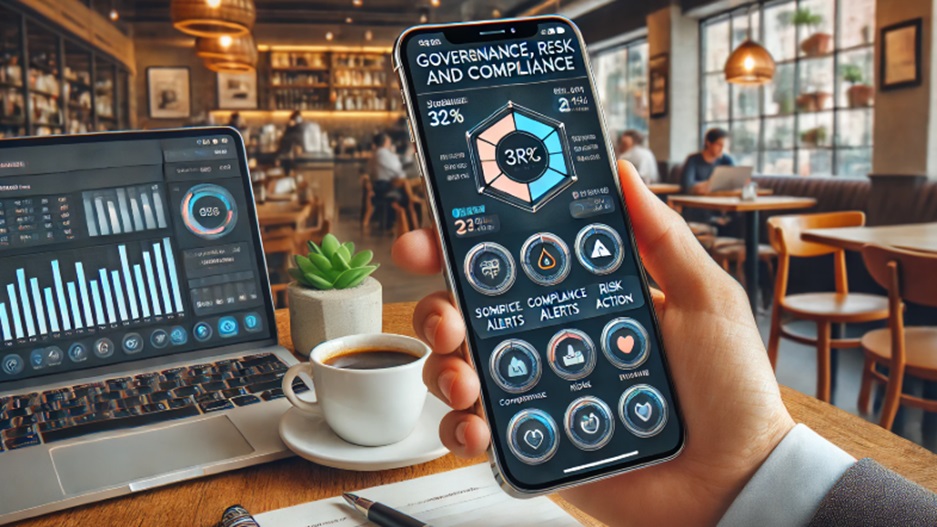
Every industry operates under its own set of rules, regulations, and expectations. Staying compliant in such a complex landscape can be daunting. This is where governance risk compliance software becomes invaluable. These tools simplify the way businesses handle compliance, significantly reducing risks while ensuring all regulatory demands are met.
Understanding Industry-Specific Compliance Challenges
Industries like healthcare, finance, manufacturing, and retail have intricate compliance requirements. For instance, healthcare organizations must align with stringent privacy laws, while financial institutions face strict anti-money laundering (AML) regulations. These rules aren’t just about ticking boxes; noncompliance can lead to heavy fines, reputational damage, and operational disruption. The constantly changing regulatory environment adds another layer of complexity, making static or manual processes inadequate to keep up.
The Role of GRC Solutions
Governance, risk, and compliance solutions are designed to streamline and automate the compliance process. By integrating risk management frameworks and compliance protocols within a single platform, GRC solutions adapt to the unique requirements of various industries.
Tailored Features for Varied Industries
- Healthcare – GRC solutions support compliance with HIPAA and other data protection regulations by offering features like real-time monitoring, audit trails, and encryption of sensitive information.
- Finance – They simplify adherence to AML regulations and risk assessments, enabling efficient reporting mechanisms that help organizations always stay audit-ready.
- Manufacturing – For highly regulated manufacturing sectors, GRC tools oversee supply chain compliance, quality checks, and environmental regulations, ensuring smoother operations.
- Retail – With rising concerns about data breaches, GRC solutions help retailers secure customer data and meet PCI DSS standards.
GRC tools must also evolve alongside the ongoing challenges organizations face. To understand what drives businesses toward adopting these solutions, you can explore the factors influencing their necessity and how they contribute to smoother compliance processes.
Security Is Key in GRC Adoption
When choosing a GRC platform, security, and customization matter the most. Comprehensive security features ensure sensitive data remains protected against breaches or unauthorized access. From user authentication to incident response systems, these measures not only fortify compliance but also build trust with stakeholders.
An article on security features in GRC solutions offers detailed insights into what to prioritize when evaluating software options tailored to your industry. Delving into such aspects ensures the solution aligns seamlessly with operational needs while elevating security standards.
Bridging the Gap Between Compliance and Business Goals
Industry-specific compliance challenges can feel overwhelming, but the right GRC solution bridges the gap between regulatory demands and organizational objectives. By automating compliance tasks, reducing errors, and improving visibility, these tools enable businesses to focus on growth while staying confidently within the lines of regulation.
Conclusion
Tailoring GRC platforms to address precise industry needs is no longer a luxury; it’s a necessity for safeguarding operations and building resilience against compliance risks. With the right GRC solution, businesses can ensure that compliance is not just a box to check off but a key part of their overall strategy for success. So, whether you’re in healthcare, finance, or any other highly regulated industry, investing in a specialized GRC tool will not only keep your organization compliant and secure but also give you a competitive edge in the market.





